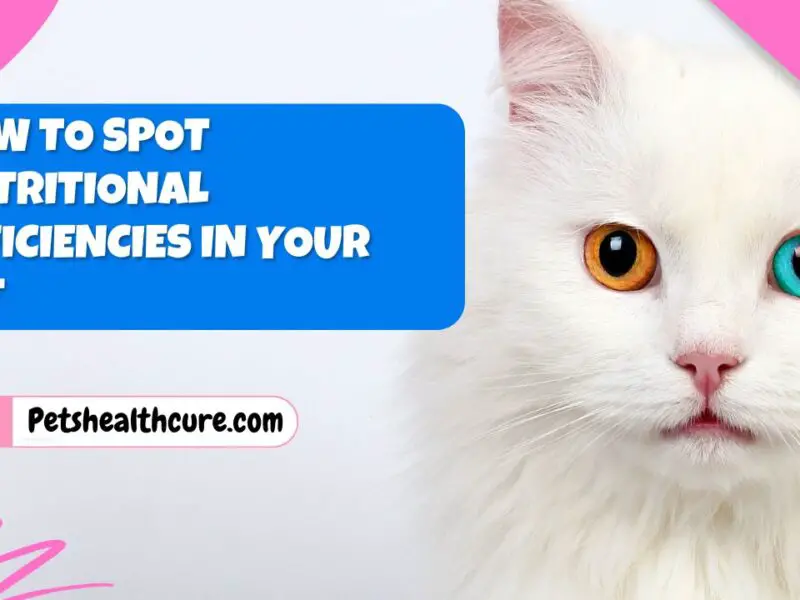Introduction
Pets are not just animals; they are cherished members of our families. Providing them with the best nutrition is crucial for their well-being and longevity. Enter the world of superfoods—natural, nutrient-dense foods that pack a punch when it comes to health benefits. But are you including the right ones in your pet’s diet? Let’s dive into the Top 10 Superfoods for Pets: Are They on Your List? to ensure your furry friends get the care they deserve.
What Are Superfoods?
Definition and Characteristics
Superfoods are nutrient powerhouses that offer numerous health benefits due to their rich content of vitamins, minerals, and antioxidants. Unlike regular foods, they provide a concentrated source of essential nutrients, making them an excellent addition to your pet’s diet.
Why They Are Important for Pets
Pets often rely on us to make dietary choices for them. By incorporating superfoods, you’re not only enhancing their health but also preventing common ailments such as obesity, digestive issues, and weakened immunity. Let’s explore how these foods make a difference.
Benefits of Superfoods for Pets
Enhanced Immunity
Foods rich in antioxidants, like blueberries and kale, strengthen your pet’s immune system, helping them fight off illnesses and recover faster from injuries.
Improved Digestion
Superfoods like pumpkin and sweet potatoes are high in fiber, aiding digestion and preventing constipation.
Shinier Coat and Healthier Skin
Omega-3-rich foods like salmon and sardines contribute to a shiny coat and healthy skin, reducing dryness and irritation.
Increased Energy Levels
Nutrient-dense foods provide the energy pets need to stay active and playful.
Blueberries
Nutritional Profile
Blueberries are small but mighty, packed with vitamins C and K, fiber, and antioxidants. They’re a great low-calorie treat for pets.
Benefits for Dogs and Cats
These berries boost brain function, improve heart health, and support overall immunity.
How to Include Them in Pet Diets
Serve them fresh, frozen, or mashed. Mix a few into your pet’s regular meals or offer them as standalone treats.
Sweet Potatoes
Rich in Fiber and Vitamins
Sweet potatoes are loaded with vitamins A and C and are an excellent source of dietary fiber.
Supporting Digestive Health
They’re gentle on the stomach and help regulate bowel movements, making them ideal for pets with sensitive stomachs.
Recipes and Preparation Tips
Steam, bake, or mash sweet potatoes. Avoid adding any seasonings, as these can be harmful to pets.
Salmon
Omega-3 Fatty Acids and Their Role
Salmon is a powerhouse of omega-3 fatty acids, which support brain health, reduce inflammation, and promote a shiny coat.
Benefits for Joint Health and Coat Shine
Regular consumption can alleviate joint pain in older pets and improve coat texture.
Serving Tips
Cook salmon thoroughly and remove all bones. Serve in small portions to avoid overfeeding.
Pumpkin
Low-Calorie Nutrient Powerhouse
Pumpkin is rich in vitamins A, C, and E and contains plenty of fiber.
How It Aids Digestion
Pumpkin is excellent for pets with constipation or diarrhea, as it helps regulate bowel movements.
Pumpkin Recipes for Pets
Mix pureed pumpkin into your pet’s regular meals or bake pumpkin treats for a nutritious snack.
Kale
Vitamins and Antioxidants
Kale is loaded with vitamins A, C, and K, as well as calcium and potassium.
Precautions When Feeding Kale
Feed in moderation, as too much kale can cause digestive upset. Always wash thoroughly before serving.
Eggs
Complete Protein Source
Eggs are an excellent source of protein, providing all essential amino acids.
Suitable Feeding Amounts
Serve cooked eggs in moderation. Avoid adding salt or spices.
Yogurt
Probiotic Benefits
Yogurt contains probiotics that support gut health and aid digestion.
Choosing the Right Yogurt for Pets
Opt for plain, unsweetened yogurt without artificial sweeteners like xylitol, which is toxic to pets.
Sardines
Rich in Essential Fatty Acids and Calcium
Sardines are packed with omega-3s, vitamin D, and calcium, promoting overall health.
Safe Feeding Practices
Serve canned sardines in water (not oil) and ensure there are no added salts.
FAQs
What are the safest superfoods for pets?
Blueberries, pumpkin, and carrots are some of the safest and most universally beneficial superfoods for pets.
Can superfoods replace regular pet food?
No, superfoods should complement your pet’s diet, not replace it. They are meant to enhance nutrition.
How often should I feed superfoods to my pet?
Introduce superfoods in small amounts, a few times a week, based on your pet’s size and dietary needs.
Are there any risks in feeding pets superfoods?
Yes, overfeeding or giving toxic foods like garlic and onions can harm pets. Always research and consult a vet.
Which superfoods are better for dogs vs. cats?
Dogs benefit from sweet potatoes and kale, while cats may thrive on salmon and sardines.
How to introduce superfoods to a pet’s diet?
Start with small portions and observe for any adverse reactions. Gradually increase the amount if tolerated well.
Conclusion
Superfoods are a fantastic way to enhance your pet’s health and happiness. From boosting immunity to improving digestion, these nutrient-dense foods ensure your furry friend thrives. So, revisit your pet’s diet and ask yourself: Top 10 Superfoods for Pets: Are They on Your List?


